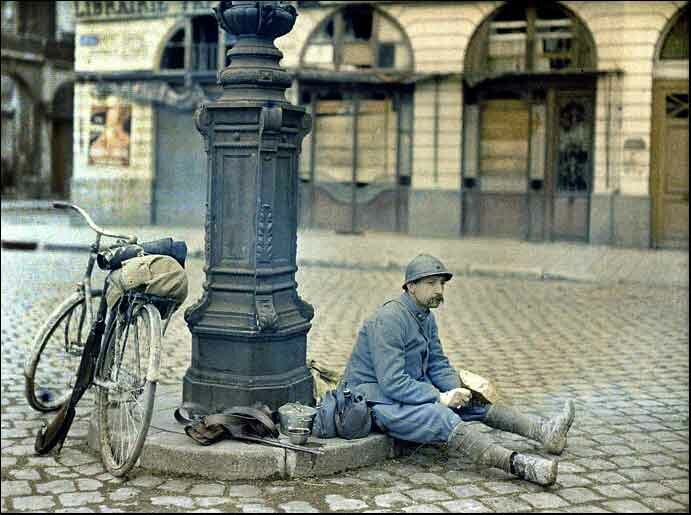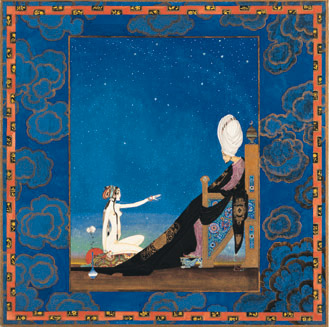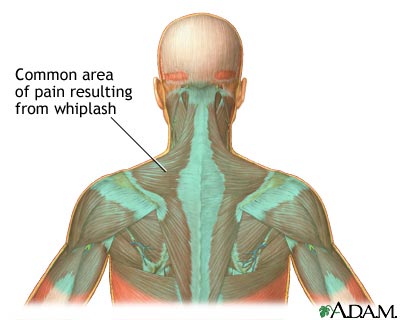
You do not have to be a Buddhist to appreciate Gil Fronsdal's Dharma teachings (
zencast). Most of the time he doesn't even talk of Buddhism, or Buddhists. He talks of the Buddha and of the Buddhist way, but that can easily be taken generally as the Godly, Wise, Good and such abstract generic terms. Were it about Buddhists though, the exclusion kicks in that irritates me most when Evangelical Christians or Orthodox Jews engage in that kind of talk, because it boils down to nothing generic, but rather very specific: the us, who are of the exquisite faith and elated ways as opposed to the ignorant, misguided, backward, lowly rabble, that is, me.
As said, with Fronsdal you have none of that. So I was a bit surprised when in his last talk (
about Speech) he threw in the sentence: 'and we will see why Buddhists are not always nice.' I liked the talk as usual and completely forgive Gil, but in my heart feel that the toy phrase, wherever used, was irrelevant. Buddhists are people, people are not always nice, hence Buddhists are not always nice - it goes without saying and added nothing to the point.
Was the Buddha not always nice? A prince once asked him whether he has ever said something unwelcome and painful to anyone. Fronsdal relates the answer to this trick question. The issue revolves around Right Speech, which he extends from speech to others to the monologue interior, the way we speak to ourselves. Also there we must say what is true, kind and helpful. So if the Buddha ever said anything unwelcome and painful to anyone it had to have been true, kind and helpful at the same time. Lastly, speech must be timely. If what we have to say, no matter how true, kind and helpful is not welcome and painful to ourselves or to the other, it must be said in the right time.
Fronsdal asks the audience to contemplate on the question how to deal with true, kind and helpful words and how to deliver them in a timely fashion to the one who finds those words not welcome and painful. The contributions from the audience are inspiring although a definitive answer is not given. If any at all, then it is, when in doubt it is better to err on the nice side. True for everybody, truly an struggle without end, whether Buddhists are nicer than others or not.
 UC podcast offers a lecture by Mark Halperin, political analyst of Time Magazine. The lecture was held at University of Texas at Austin, LBJ School of Public Affairs in September. I am going to quote the editorial posted along the podcast.
UC podcast offers a lecture by Mark Halperin, political analyst of Time Magazine. The lecture was held at University of Texas at Austin, LBJ School of Public Affairs in September. I am going to quote the editorial posted along the podcast.













































